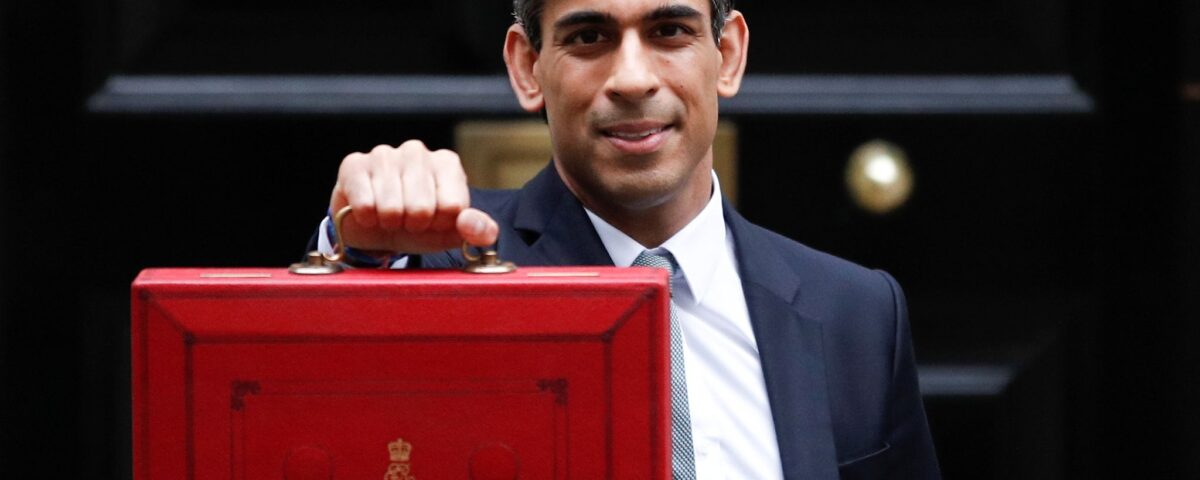UK 2021 Budget Reaction

UK Government Autumn 2021 Budget
27/10/2021
Special Garden Of Remembrance Service
28/10/2021UK 2021 Budget Reaction

Reacting to the UK Government’s Autumn 2021 Budget, Dr Liz Cameron OBE, Chief Executive of the Scottish Chambers of Commerce said:
“Scotland’s businesses are focussed on recovery and overall, most will welcome today’s announcements which go some way towards securing the economic growth and conditions businesses need to bounce back from the devastating impact of the last 18 months due to Brexit and the global pandemic.
“However, businesses are asking whether this Budget goes far enough to tackle the significant issues facing them and whether it aligns with the economic realities on the ground, where supply chain problems, skills shortages and rising cost pressures are undermining growth.”
On Inflation:
“Rising inflation rates are placing increased cost pressures on businesses, and confirmation that the Chancellor expects inflation to rise to 4% next year will make many firms feel uneasy.
“Businesses across Scotland have reported record-high levels of concern over inflation and taxation, which is impacting on investment. Surges in the cost of raw materials and shipping, global supply chain disruption and the UK Government’s decision to raise National Insurance contributions, are all being cited by firms as key factors behind rising costs that still need to be addressed.
“It’s important the UK Government and the Bank of England work to get inflation under control, help businesses repair those broken or damaged supply chains and deliver the opportunity for firms to attract the talent and skills they need into the workforce, otherwise this will eventually lead to increased costs being passed on to consumers.”
On Fuel Duty and energy costs:
“Businesses in Scotland are struggling with rising fuel and energy costs and will welcome the scrapping of the anticipated 2.8p fuel duty rise. With soaring fuel prices this move will provide businesses with some relief as we go into the difficult winter months.
“Businesses will be disappointed though to see that there was nothing for them in this budget to help offset the rising cost of gas and electricity which is threatening business recovery right across Scotland. The introduction of a SME Energy Price Cap would have been a major boost to struggling firms and the Chancellor has missed an opportunity here.”
On Alcohol Duty:
“The cancellation of the planned duty hike on spirits like Scotch whisky, wine, cider and beer, will benefit Scotland’s producers and consumers in the short term. However, the industry will want to study the detail of the reform proposals announced in the Budget carefully.
“Scotch whisky is a cornerstone of Scotland’s food and drink sector and is already a highly taxed product. It’s important the Chancellor works with the industry in advance of the simplification of alcohol duties that is due to take place in February 2023, to ensure the tax burden on this flagship industry for Scotland is fair and proportionate.”
On Air Passenger Duty:
“The decision by the Chancellor to introduce a lower rate of Air Passenger Duty for domestic flights has given the sector a ray of hope, although it is disappointing that changes won’t come into effect until 2023.
“We know that Scotland’s airports and aviation sector are essential to growing Scotland’s economy and whilst this commitment will provide an opportunity for businesses to protect and renew Scotland’s vital connectivity both domestically and internationally, ultimately both Holyrood and Westminster Government’s should be seeking to further reduce or remove APD altogether.
“The COVID-19 pandemic hit Scotland’s aviation sector hard and the sector’s recovery still lags behind our European competitors, so whilst this commitment is welcome news for Scottish airports and passengers, the sector still requires further support now to enable it to rapidly regain lost ground.”
On the UK Government’s Levelling Up Fund:
“The commitment from the UK Government for £170m indirect funding for Scottish projects will come as positive news for Scottish businesses, who will want to tap into this funding.
“The proposals will see significant investment secured for key projects across Scotland and will deliver some much-needed infrastructure projects that have the potential to increase economic activity.
“The Scottish Cluster Carbon Capture and Storage bid, of course, lost out last week on UK Government funding, which would have supported thousands of jobs and brought in huge investment into the Scottish economy, so whilst levelling up funding for Aberdeen and other parts of Scotland is welcome, it can’t come at the cost of support for other strategic investment opportunities.”
On talent and skills:
“There are record high vacancies in Scotland as businesses struggle to recruit staff in an increasingly competitive labour market.
“The injection of money into training and skills, coupled with the introduction of the Scale-up Visa, which will launch in spring 2022, will help Scotland’s fastest-growing businesses to access overseas talent.
“Regrettably, many businesses will not feel this goes far enough, fast enough. Scottish industry needs a UK immigration policy that better aligns with the economic needs of the whole of the UK and one which is agile enough to fill the immediate gaps that exist in the labour market, otherwise, there is a real risk of stifling economic recovery.”


